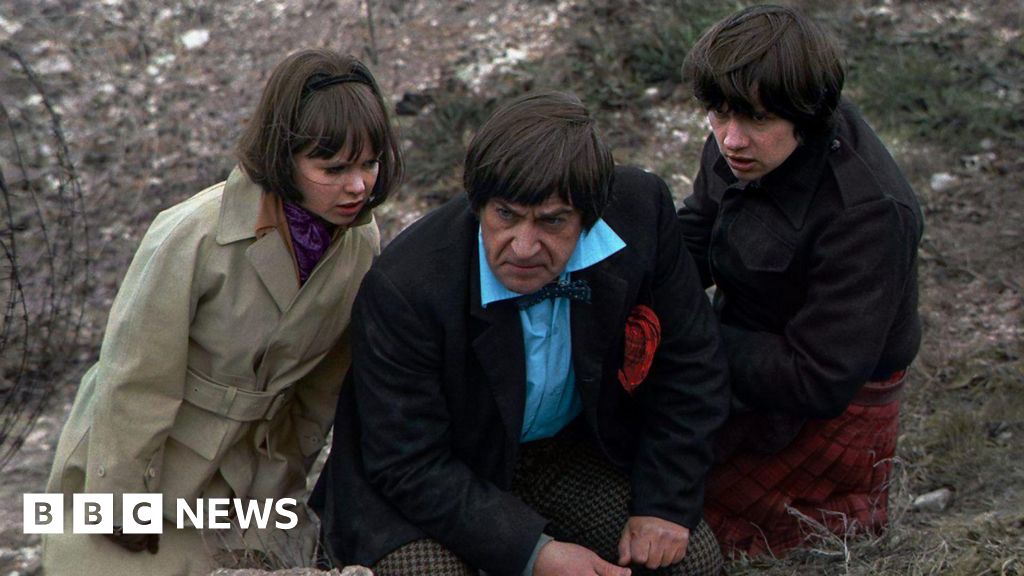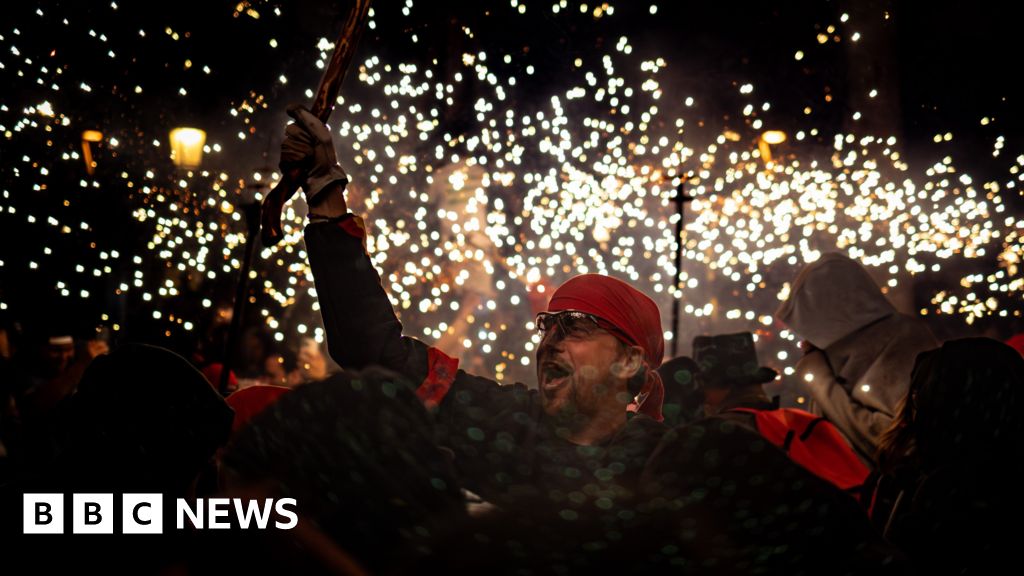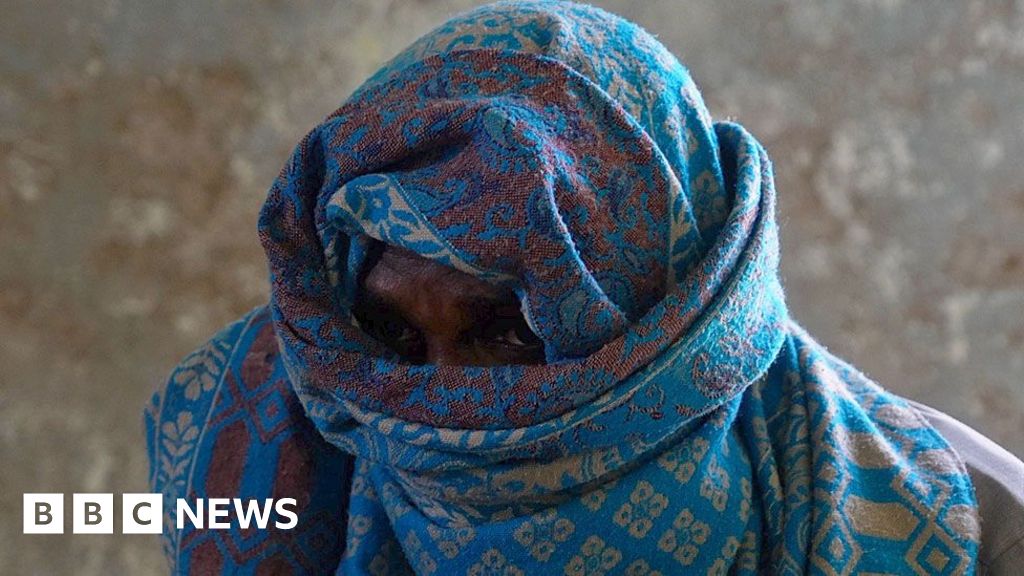
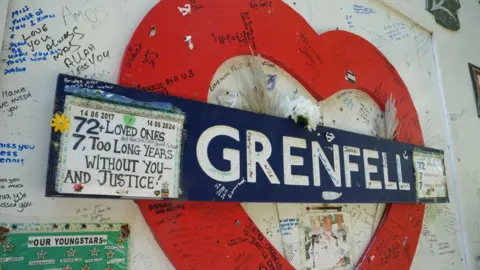 PA Media
PA Media
The Grenfell report will be a "moment of change", the prime minister has promised - but what will that change be?
A total of 58 recommendations have been made by the inquiry, including for the construction industry, to the government, and firefighters.
The recommendations are not legally binding, and it is up to the relevant organisations to decide whether to implement them - although all have promised to consider them in full.
And the PM has also made several commitments already.
But the risk is this: often public inquiries do not easily lead to change, and victims have to continue to push for action.
What happens next - set out below - will be crucial. Many will be watching closely to see whether Grenfell, which has already seen decades of failures - will face any more.
What changes have been promised already?
Sir Keir Starmer has said the government will look at all 58 recommendations in detail and respond within six months.
But in the Commons earlier, he already committed to a few promises, although the details are light:
Speeding up the removal of unsafe cladding
There are still buildings with unsafe cladding, Sir Keir said, and it is taking too long to remove it.
He said the government will take steps to speed up getting it removed - including potentially forcing freeholders to assess their buildings and fix issues within a set time. This could involve a legal requirement "if that is what it takes".
More details will be set out in the autumn, the PM said.
Grenfell companies to be blocked from winning government contracts
The government is writing to all companies found by the inquiry to be part of the failings as a first step to stopping them being awarded government contracts.
Reform the construction products industry
The government will also reform the construction products industry that make deadly cladding, "so homes are made with safe materials", Sir Keir said - without giving more details.
Ensure social landlords are held to account
Sir Keir also said the government "will ensure that tenants and their leaseholders can never again be ignored and social landlords are held to account for the decency and safety of their homes".
Watch: PM apologises to Grenfell families
Will anyone be prosecuted?
It will be a long wait before we know if any prosecutions are being brought - something bereaved families have criticised.
Police and prosecutors have said they will need until the end of 2025 to complete their investigation, before handing it on to the Crown Prosecution Service.
And then final decisions on potential criminal charges will not come until the end of 2026 - more than two years away.
Nineteen companies or organisations are currently under investigation, along with 58 individuals, police said in May.
Detectives say their investigation - which began the day of the fire - is independent of the public inquiry and under different legal rules, so they can't simply use the report's findings to bring charges.
But they say they will go through the report "line by line, alongside the evidence from the criminal investigation" - and that will take at least 12 to 18 months.
Met Police Deputy Assistant Commissioner Stuart Cundy added he "cannot imagine" what it is like for the victims to have such a long wait - but promised they will do "everything we can to secure justice".
What are the potential charges?
Potential offences under consideration include corporate manslaughter, gross negligence manslaughter, perverting the course of justice, misconduct in public office, health and safety offences, fraud, and offences under the fire safety and building regulations.
Police are examining the role of the Royal Borough of Kensington and Chelsea and its tenant management organisation, companies involved in doing the work, and others which supplied and manufactured building materials.
What did the inquiry recommend?
Among the 58 recommendations, found here, the report suggested:
A new regulator for construction
The report is urging the introduction of a single construction regulator.
It should oversee construction products, making sure they comply with legal requirements and industry standards and certification, and also building control.
Manufacturers should also be required to provide a full testing history of their products, the report added.
A new secretary of state for fire safety
The report recommends the government bring responsibility for fire safety under one department under one secretary of state.
Currently, fire safety falls under several departments.
The report also recommends the secretary of state appoints a "chief construction adviser" to provide advice on matters affecting the construction industry.
Official fire safety guidance be reviewed and revised
The report suggests the official fire safety guidance, known as Approved Document B (ADB), is reviewed and revised.
ADB is separate to the Building Regulations - the legal requirements - but is guidance on how to meet the regulations.
This will likely be a big job in itself and could take several years.
Review the definition of "higher-risk building" in law
Inquiry chair Sir Martin Moore-Bick said until now, the definition of a "higher-risk" building in the Building Safety Act focused on the building's height, rather than the presence of vulnerable people.
This should be reviewed, he said.
A College of Fire and Rescue
Finding major issues with standards in the fire service, the inquiry recommends setting up a College of Fire and Rescue.
The college would give practical training, lectures, research and setting national standards.
Consider whether firefighters should use own initiative
The report says the National Fire Chiefs Council should consider whether, and if so in what circumstances, firefighters should be discouraged from departing from their instructions on their own initiative.
Training should be given on how to respond to a situation of that kind.
What will happen to Grenfell Tower?

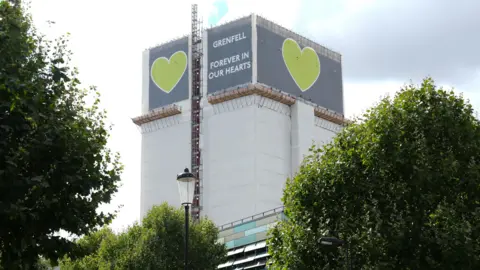 PA Media
PA Media
The tower looms above other buildings and is in the eyeline of drivers on one of London's busiest roads, the A40 Westway
No decisions have been made about the tower's future and whether it will be demolished.
It remains standing in North Kensington in west London, covered in a protective wrap.
The Grenfell Tower Memorial Commission - set up with the government in 2018 - is overseeing plans to create a permanent memorial at the site.
According to its timeline, designing the memorial could start this year with construction to potentially begin in 2026.
It is unclear whether any memorial will include the tower, or whether it will be torn down. Possible options being considered include a garden, monument or museum.
The government previously said it was waiting for report to be published before taking decisions, adding they would be handled "sensitively".
Changes could take years
The first prosecutions, if they happen, may not be until 2027. And some of the recommendations may also take years to implement.
But there is some good news for those seeking change.
The majority of recommendations from the inquiry's first report have been implemented, and earlier the government promised to implement one of the more difficult phase one recommendations for personal evacuation plans, after years of wrangling.
It may be slow, but the hope for many is that change may be coming.

 3 months ago
15
3 months ago
15




